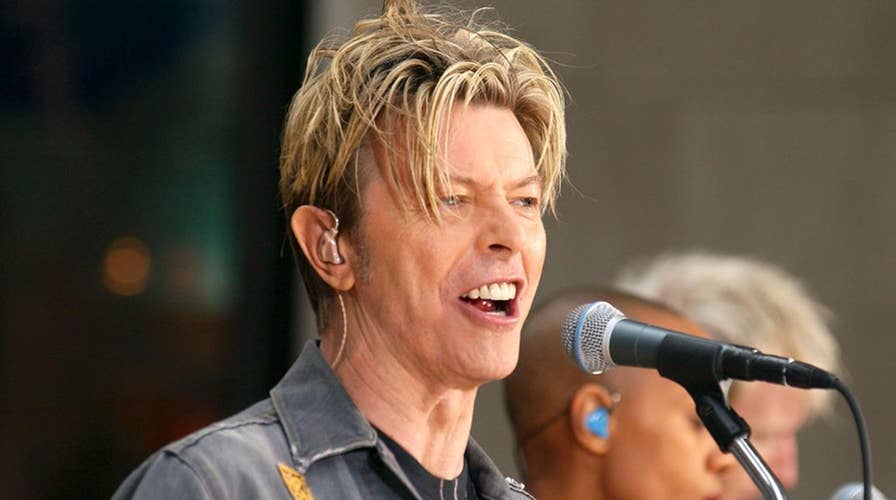New David Bowie revelations in documentary
Fox News talks to British filmmaker Francis Whately on his new HBO documentary, 'David Bowie: The Last Five Years.' Whately reveals what he learned about the music icon during his final years.
When David Bowie died on January 10, 2016 at the age of 69 from cancer, he left behind one last album, the critically acclaimed “Blackstar,” which explored his mortality. Few people, however, including his own bandmates, knew the charismatic British singer/songwriter was going to die right after he was finished.
A new documentary, titled “David Bowie: The Last Five Years,” aims to explore Bowie’s final musical years as he privately battled the deadly disease for a reported 18 months. It's being released on what would have been Bowie's 71st birthday.
Fox News spoke with British filmmaker Francis Whately about getting Bowie’s bandmates to come forward, the private life of the artist during those crucial months and how he managed to befriend Bowie himself.
Fox News: What inspired you to make this documentary about David Bowie’s final years?
Francis Whately: It was the sad reality of his death. Having made a film called "Five Years" in 2013, the BBC asked me if I would make another film after David passed away. I said I wasn’t sure if there was another film. But then I thought about it and I realized that to me, one of the most interesting periods of his life happen to be the final years.
I didn’t think anyone else would make that film because it’s quite tough material… I thought maybe I could do it because I love the music from those last five years. And I think I had a fair wind behind me in terms of people who knew David Bowie. They knew the approach I would take… they knew I wouldn’t delve into his private life because that’s not something I’m interested in.
Fox News: How difficult was it to get his bandmates from those highly secretive recording sessions to come forward?
Whately: I had already interviewed “The Next Day” band for the previous film I made. So they all met me and I got along with them… But they also knew my approach.
I wasn’t going to ask personal questions. I wasn’t going to ask anything beyond the music… It was revealing and charming in a way that Ziggy Stardust then was wearing slippers… But there was a level of trust. I wouldn’t pry where David didn’t want people to go. He was a very shy individual and I didn’t want to go there because that wouldn’t have been true to the subject.
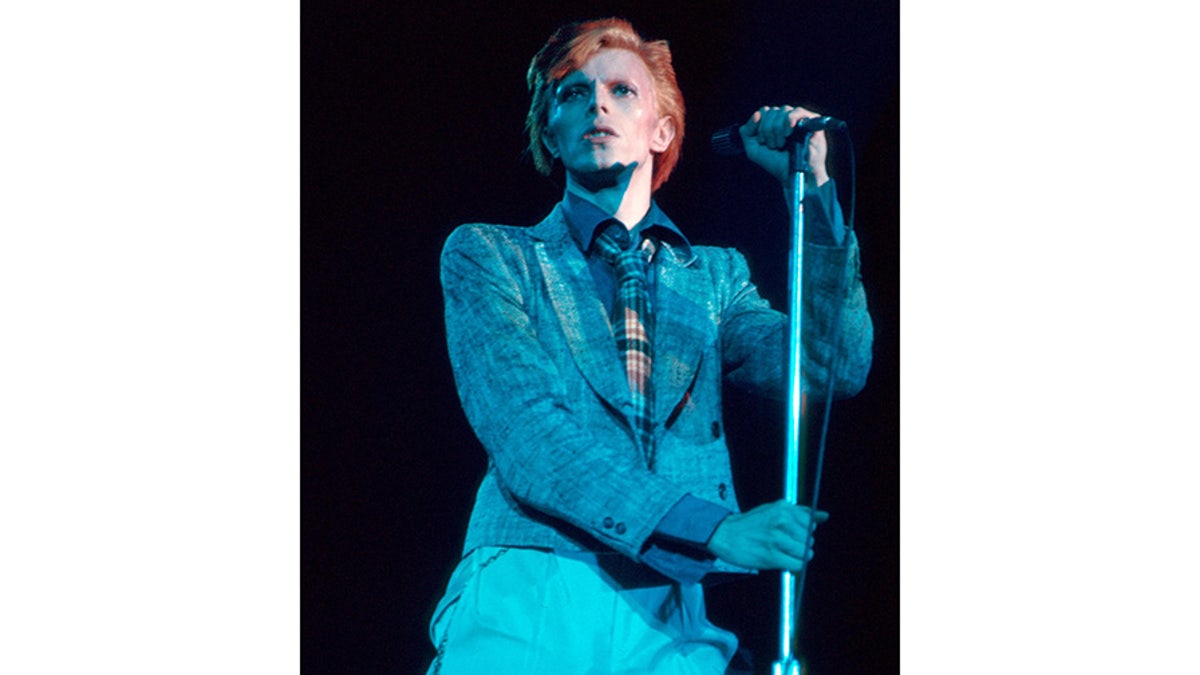
David Bowie is the subject of a new documentary on HBO. (Jimmy King/Courtesy of HBO)
Fox News: It’s been said David’s bandmates didn’t know he was going to die from cancer. Therefore what was their impression of David during those final years?
Whately: There are two bands here. There’s the Donny McCaslin (“Blackstar”) band and “The Next Day” band. The Donny McCaslin band were told by David he had cancer, but they weren’t told anything beyond that.
I think they must have thought, like he thought, most people at some stage die of disease or cancer, but a lot of people also recover… They thought, well he’s undergoing treatment, so let’s see what happens. And obviously he wanted to keep this to himself. So they just kept working.
And he embraced the work. And when he was having chemotherapy or just wasn't feeling well, he wouldn’t come in [to record] that day. And everyone understood. But “The Next Day” band, they didn’t know he was ill. They weren’t told. It was very much on a need-to-know basis. David was also an email contact for me, but he certainly didn’t mention anything to me. There was a huge amount of people who knew David much more than me and they weren’t told. I think it was a very small group of people who had to know, who were told, outside of his family.
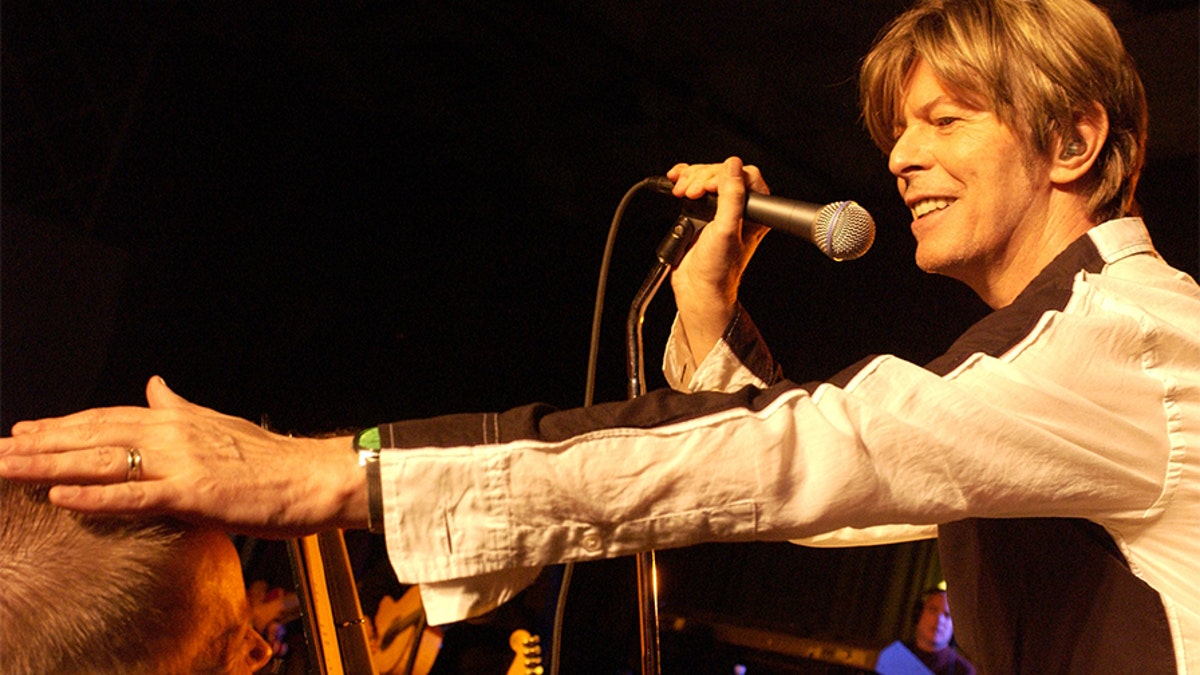
David Bowie's bandmates from his secret recording sessions shared candid tales of the late superstar. (Jimmy King/Courtesy of HBO)
Fox News: Your film also reveals David kept his sense of humor.
Whately: David was a genuine funny guy… He was known for his playful sense of humor. Whether it was “Monty Python” or [comedian] Ricky Gervais, he loved watching comedy shows… He would also laugh at the ridiculousness of the world.
Fox News: Was there anything about those last sessions that surprised you?
Whately: When it came to “The Next Day” session, he was very businesslike. He wasn’t about working all hours of the day and having a rock ’n’ roll lifestyle. He was more like, “Let’s do this song and then at 6 o’clock let’s go home to our families.”
By that period, I think… he had established the things that mattered in his life, which was family, seeing his daughter grow up and spending time with his wife Iman. That was very important to him… He’s driven by music and wants to create, but he now wants to create in a far more sensible and mature way, which was to do the music in the day and then see his family in the evening, like a regular 9-5 job. That was certainly a change from the David Bowie the musicians knew.
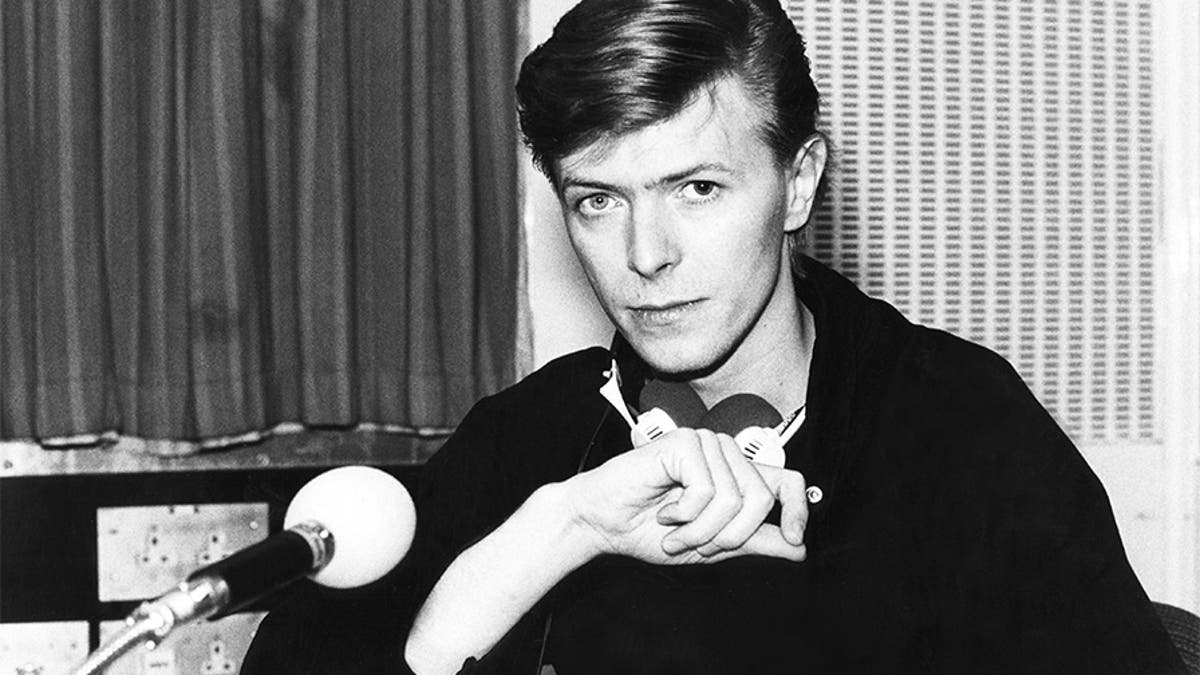
David Bowie in the early years. (Jimmy King/Courtesy of HBO)
Fox News: What about David’s approach to working on his musical?
Whately: While working on the “Lazarus” play, and we don’t say this in the film, but there was a camera in the rehearsal room. And I’m not even sure the actors knew it was there. But David was watching the rehearsals from the comfort of his home when he couldn’t come in the whole time.
So at the end of the day, he was able to discuss with the director and writer exactly what was going well and what could be improved. But his mind was on the job the whole time, even if he wasn’t visibly there. He was still working incredibly hard. He was still reading voraciously, producing an album and filming a video for the album at the same time he was overseeing the production of a play he wanted to make since the 1960s.
Fox News: How did you end up befriending David Bowie before he passed away?
Whately: We had worked on projects when I started on the BBC. He gave me his email address… I sent him films the BBC worked on over the years and we developed a friendship, a mutual admiration for certain artists or writers. We were both very interested in the creative mind. We would email about books we read and that sort of thing. Not about music.
I don’t think we’ve ever emailed about music. He might have said, “I’m finishing my album” or something like that, or invite me to a concert, but we never talked about his music… it was always about other things. I think it might have been quite refreshing for him. And I didn’t want anything from him. I had nothing to gain.
Fox News: How did David cope with fame over the years?
Whately: I think he found it gratifying, wonderful and absolutely ridiculous... I think the idea of people asking for his autograph, wanting to be photographed with him, he found it on one level, absurd.
And yet, he was a fan. He was a fan of Chuck Berry. He was a fan of Elvis Presley. He was a fan of The Rolling Stones. So he must have remembered was it was like to be a fan and knew that fame was a double edged sword. There are a lot of advantages to fame, and of course disadvantages. You have to work your way through that. And I think he navigated it very elegantly. He managed to live as normal a life in New York City as it was possible for him as a superstar.
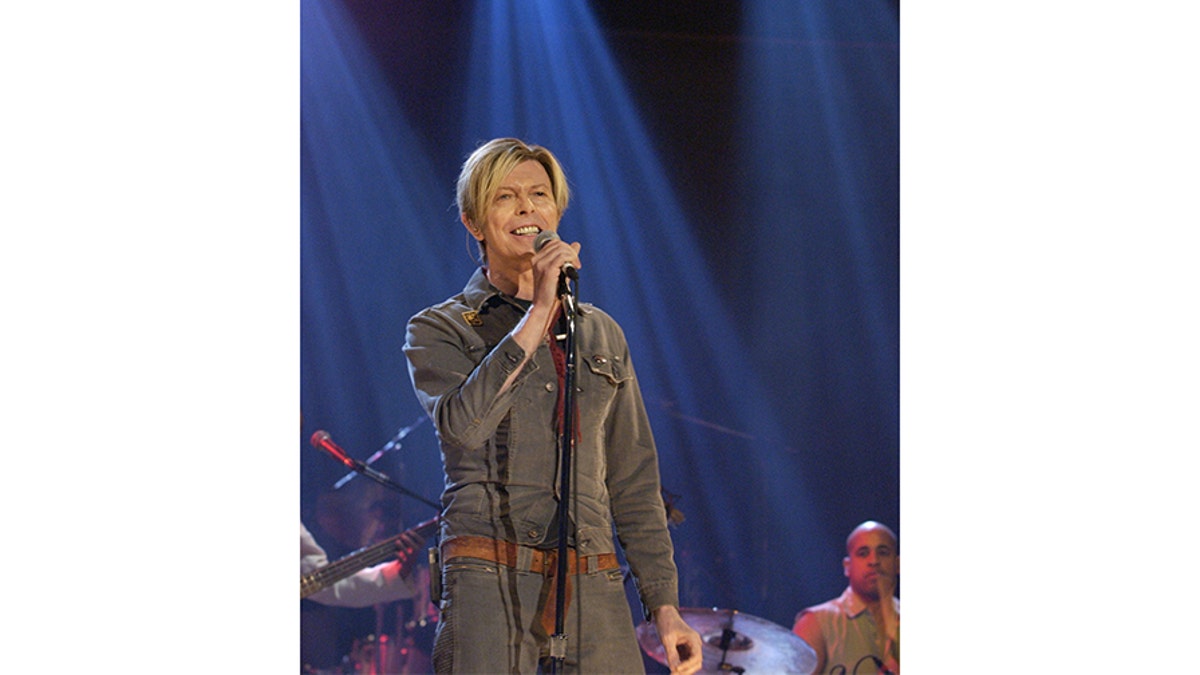
David Bowie kept on singing until he passed away from cancer. (Jimmy King/Courtesy of HBO)
Fox News: Have you received any feedback from his widow Iman about the documentary?
Whately: Not directly, [his family is] very private. But I have heard the family was happy with it. And that makes me happy.
"David Bowie: The Last Five Years" premieres Monday, January 8 at 8 p.m. on HBO.




















